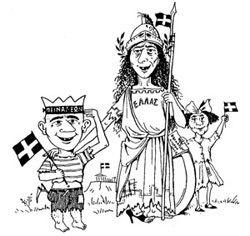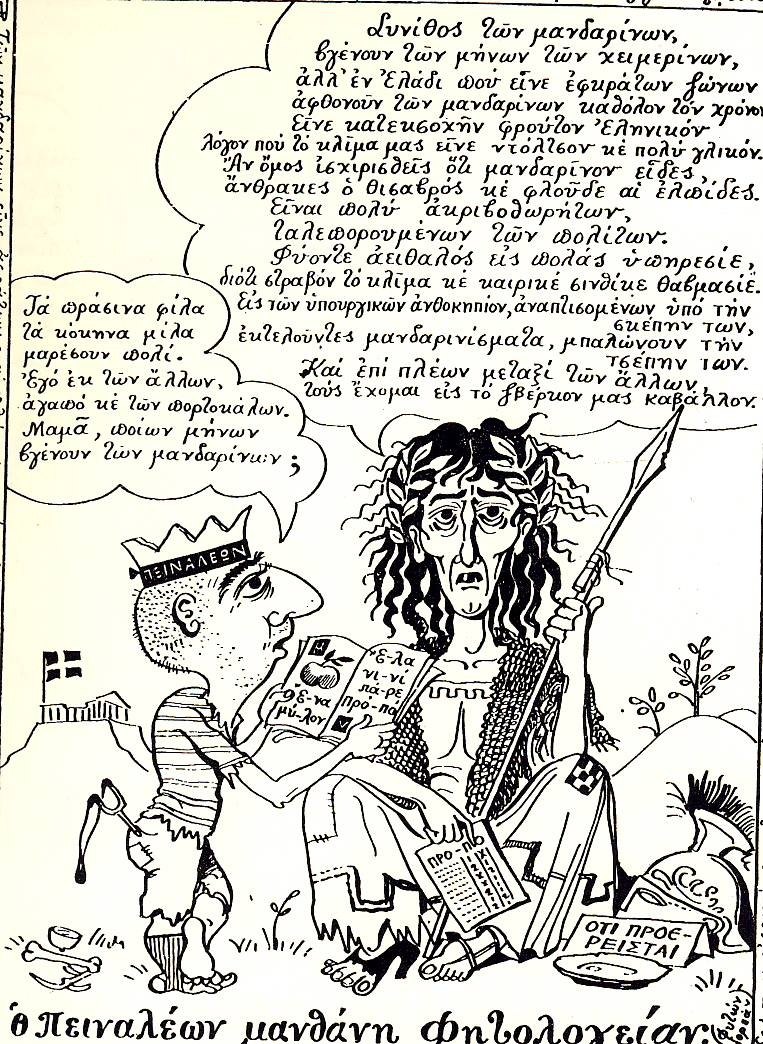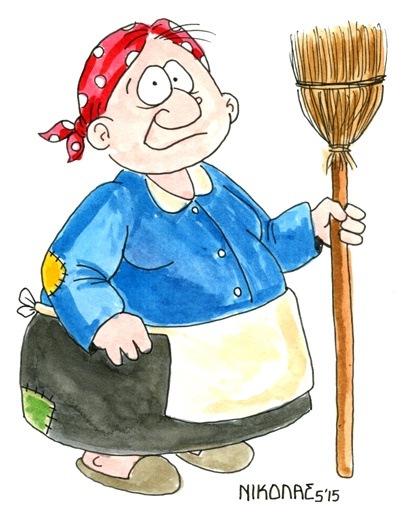Just got this misfeature in my feed today.
I know why they’re doing it: they’re explaining, more prominently, why an item has shown up in your feed. Because items show up for social networking reasons, they’re emphasising the social network connections back to you (the follower, the commenter, the topic) over the author. Because, apparently, now the UI team has decided Quora is social media after all.
Yes, I think it’s as idiotic as all the other continuous and never-ending tweaks to the UI. If there’s meant to be a difference between header and footer information, this is obviously less important information that belongs in the footer. Less important than WHO WROTE THE ANSWER, FFS.
And using the same icon for commenting and writing? When I have to squint to make out the author icon to begin with? Really?
There have been, like, two changes to the feed in the past year that have improved my experience. This is yet another one that hasn’t. I do want to know why an item is in my feed. And this was not the way to do it.
EDIT: in the latest iteration, the relative sizes of the icons are more sensible.
Was it my unhumble contribution that led to this reversal? Ah, who can tell…


